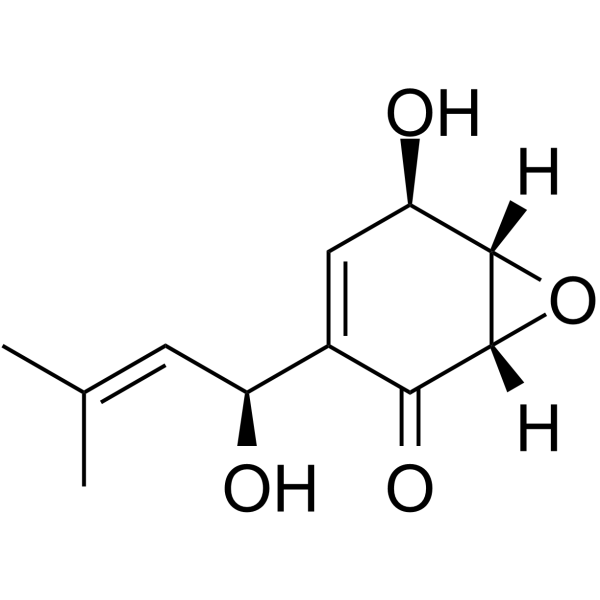| 结构式 | 名称/CAS号 | 全部文献 |
|---|---|---|
 |
Panepoxydone
CAS:31298-54-1 |
| 结构式 | 名称/CAS号 | 全部文献 |
|---|---|---|
 |
Panepoxydone
CAS:31298-54-1 |